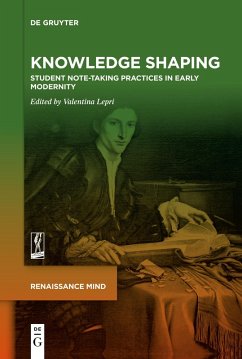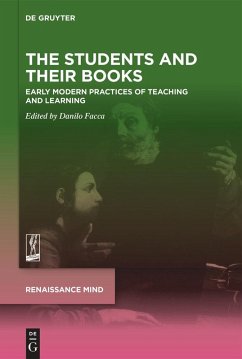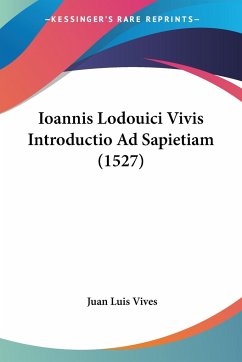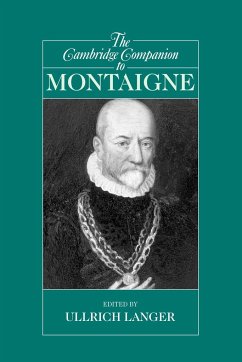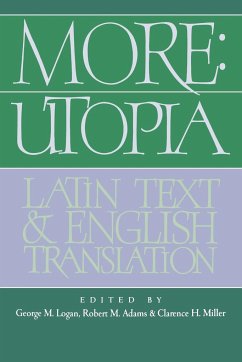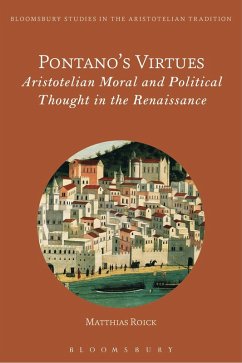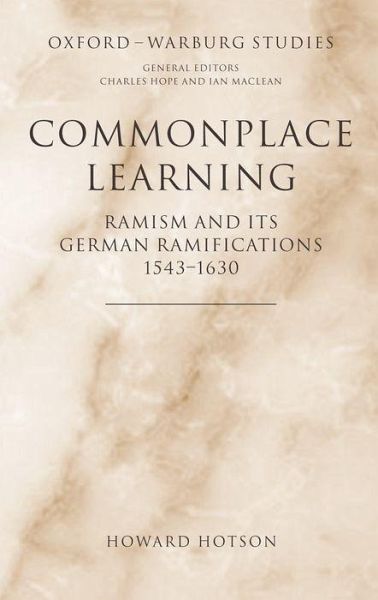
Commonplace Learning
Ramism and Its German Ramifications, 1543-1630
Versandkostenfrei!
Versandfertig in 1-2 Wochen
310,99 €
inkl. MwSt.

PAYBACK Punkte
155 °P sammeln!
Ramism was the most controversial pedagogical movement to sweep through the Protestant world in the latter sixteenth century. While its origins in France, its impact in colonial America, and its influence in England, Scotland, and Ireland have been studied in detail, its uniquely warm reception in central Europe - where the great majority of posthumous reprintings of Ramus' work appeared - has never been synoptically studied. This book, the first contextualized study of this rich tradition, therefore has wide-ranging implications for the intellectual, cultural, and social histories not only of the Holy Roman Empire but also of the entire Protestant world in the crucial decades immediately preceding the advent of the 'new philosophy' in the mid-seventeenth century.





